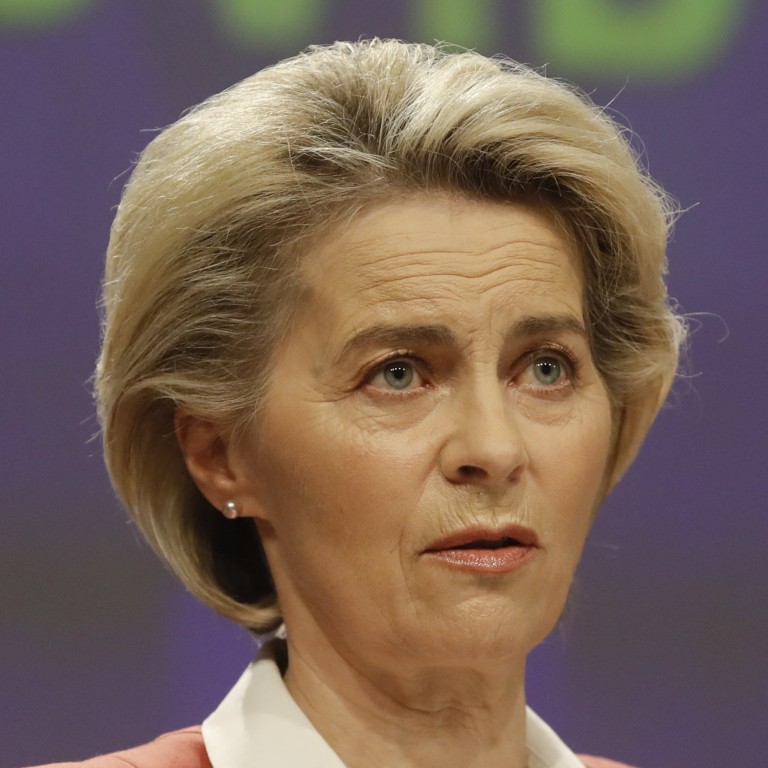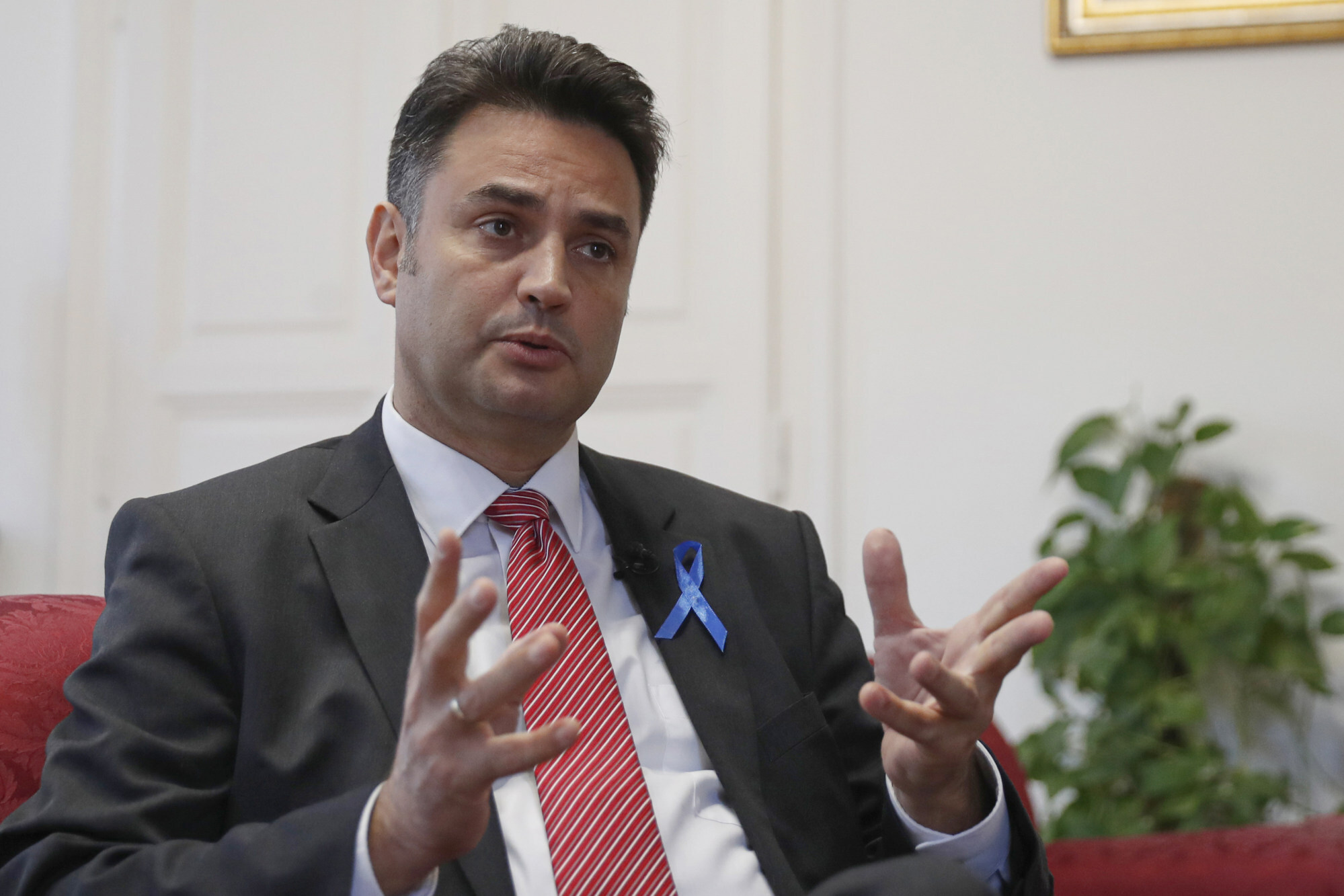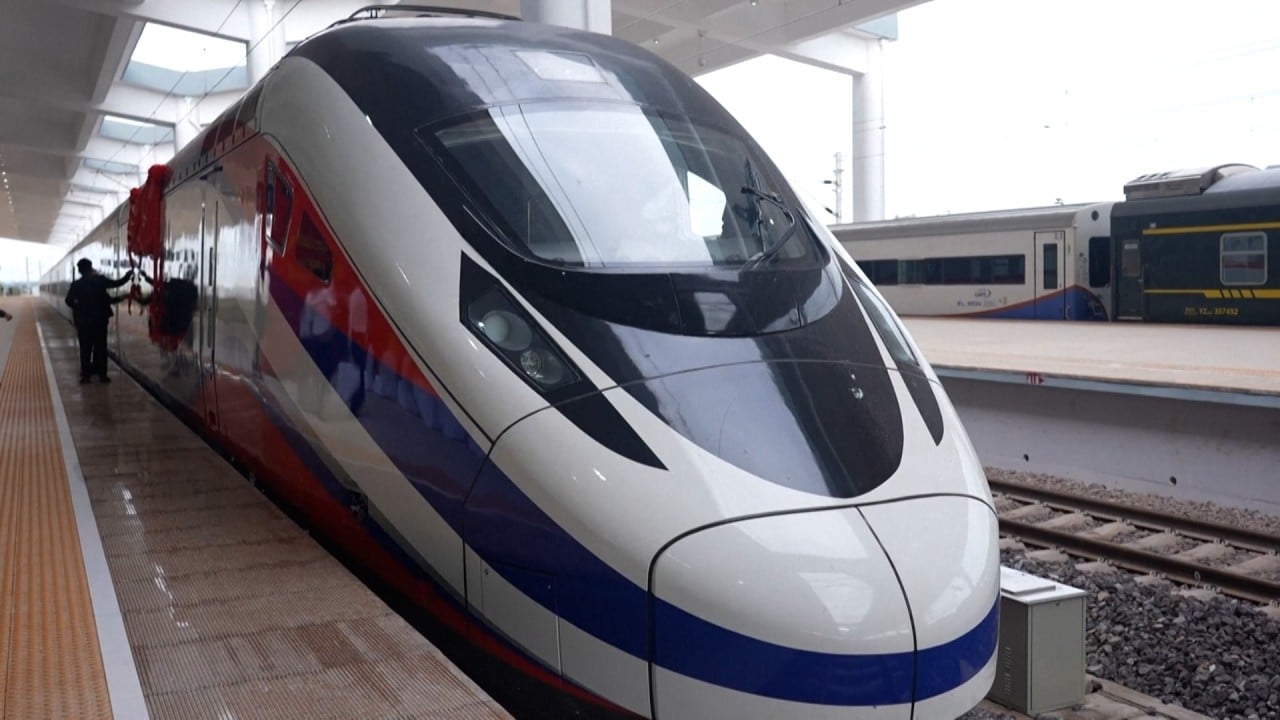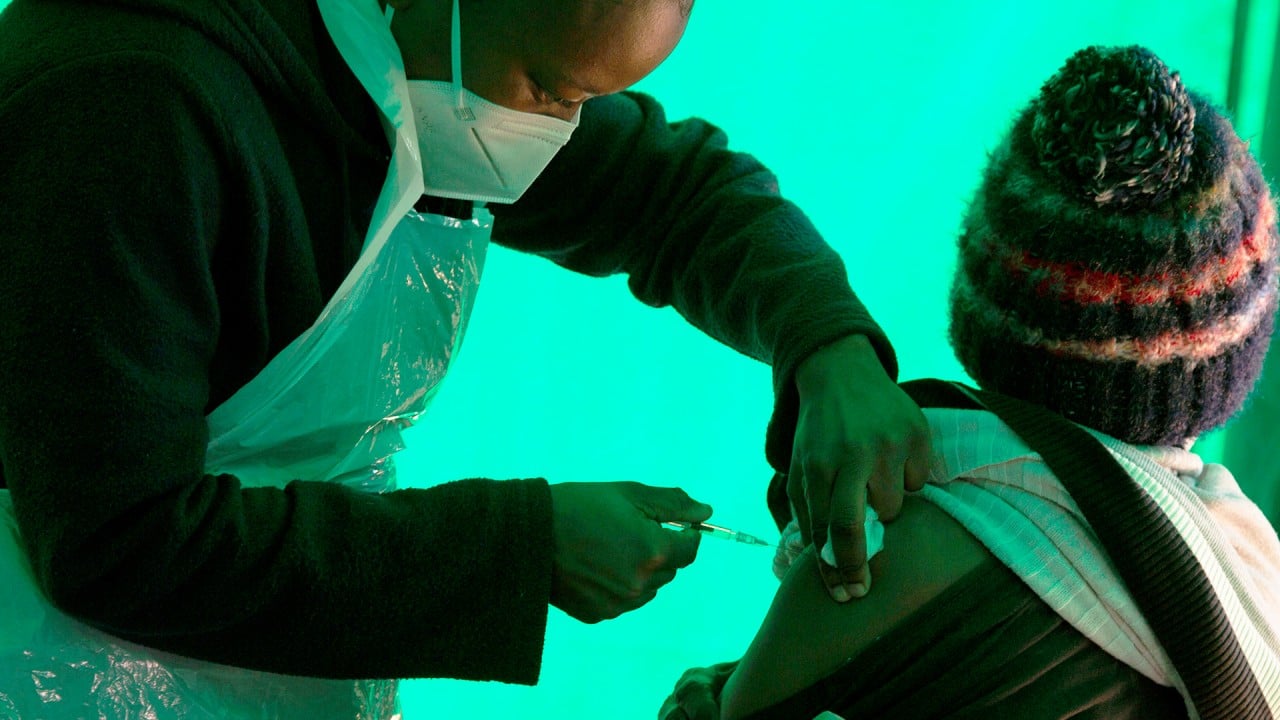
EU launches infrastructure drive as ‘true alternative’ to China’s Belt and Road Initiative
- Global Gateway plan promises to mobilise up to €300 billion (US$340 billion) between 2021 and 2027 for modern infrastructure projects outside the bloc
- ‘Countries made their experience with the Chinese investments. They need better and different offers,’ says European Commission President Ursula von der Leyen
The plan, known as the Global Gateway, promises to mobilise up to €300 billion (US$340 billion) between 2021 and 2027 for modern infrastructure projects outside the EU, covering items such as fibre optic cables, clean transport corridors and clean power transmission.
The 14-page document does not mention China by name, but at a press conference in Brussels, von der Leyen left little doubt that Beijing was in her thoughts.
“Yes definitely,” she said when asked if it could compete with the Belt and Road Initiative (BRI). “We are able to do that. Countries made their experience with the Chinese investments. They need better and different offers.”

“And we bring on top the private sector with us – a private sector that in such a way does not exist in China,” von der Leyen added, saying it was a “true alternative”.
The funds will be a combination of loans, grants and guarantees, distributed through a variety of public, private and development finance, with just over half coming in the form of direct funding.
It will contain grant financing of up to €18 billion (US$20 billion) under other EU external assistance programmes, while a further €145 billion (US$164 billion) is earmarked to come from European financial and development financial institutions, such as the European Investment Bank and the European Bank for Reconstruction and Development.
US rural carriers, replacing Huawei and ZTE gear, face supply chain delays
Up to €135 billion (US$153 billion) will come from the European Fund for Sustainable Development Plus, a facility that offers guarantees to investors funding EU-backed projects.
No initial projects have been launched, but the EU said it is “paying particular attention to Africa, Central Asia and Latin America”, and focusing on the overarching sectors of climate, digital and transport.
China has voiced concerns over the plan, with ambassador to the EU Zhang Ming saying it would be “welcome if it is truly open”.
“On the contrary, any attempt to turn infrastructure projects into a geopolitical tool would fail the expectation of the international community and harm one’s own interests,” Zhang said.
When asked whether the plan was open to collaboration with China, a senior EU official said: “We don’t decide on the partner … we take the path that we will work with whoever, if they wish to work on the same principles that we wish to work with.”
“It’s a question of values,” the official said, adding that projects would have to meet strict criteria regarding social and employment rights, transparency and governance, climate neutrality, and sustainable development.
In the case of a slide in human rights conditions, or for example if there was coup d’etat in a country that has received funds, “we can always suspend contracts”.
The EU has grown increasingly concerned over China’s funding activity in its own neighbourhood.
Coronavirus: EU head urges discussion about mandatory vaccination
Analysts said that the Global Gateway showed that the EU was “waking up” to the need to compete with China on financial terms.
“This is not just another development finance process that’s being put in place. This is an integrated effort to look at political values and even security questions,” said Andrew Small, a researcher at the European Council on Foreign Relations.
“The recipient countries want an approach to this that isn’t just all about China containment, or that the only reason that this financing is being offered is to stop China doing it. But they do want to be in a position where there are credible packages being offered that are similarly attuned to their needs,” he added.
Behind the scenes, influential figures on European-Chinese affairs have been prodding for more action on infrastructure, including Germany’s ambassador to the EU Michael Clauss, who was previously Berlin’s envoy in China, and outspoken MEP Reinhard Bütikofer, who was sanctioned by Beijing in March.
“Global Gateway has the potential to turn the EU into a more effective geopolitical player. For many partner countries, the offer of a rules- and values-based cooperation will be an attractive alternative to the Chinese Belt and Road Initiative,” Clauss said.
Luke Patey, a researcher focused on Chinese influence at the Danish Institute for International Studies, said that the Global Gateway “can be effective in advancing EU geopolitical aims if it can get projects under way soon”.
“For countries in its near neighbourhood in Africa and Eastern Europe, the EU is already often the largest trading, investment, and aid partner,” Patey said.
“The demonstration power of Global Gateway can make these existing economic bonds stand out. China’s BRI is about more than infrastructure.
“Brussels needs to pitch the Global Gateway in a similar fashion and exploit the depth of its economic engagement with its neighbours.”



